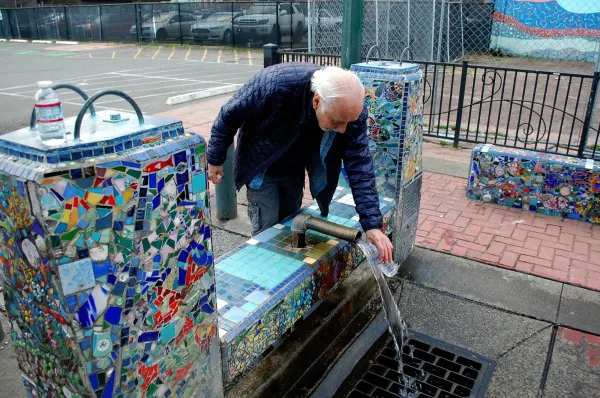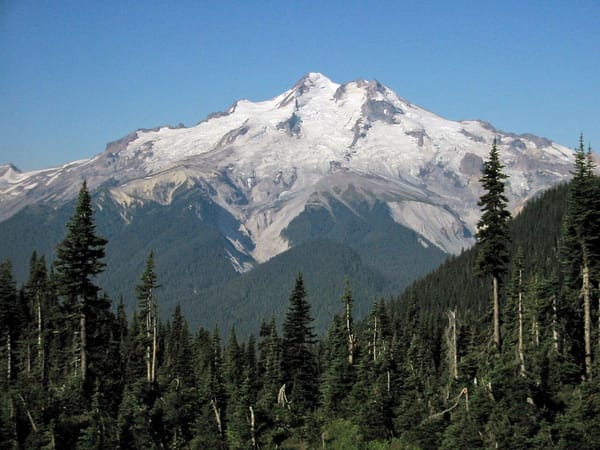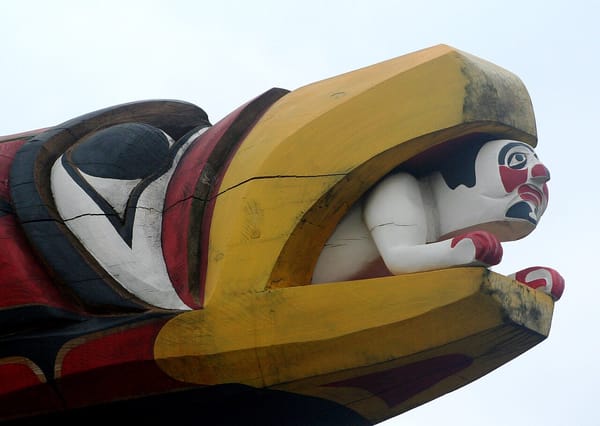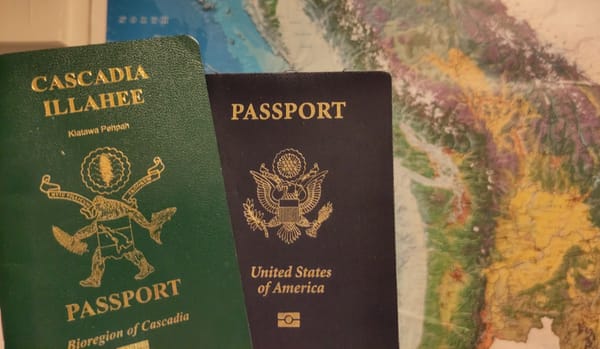Cascadia today: LNG project poisons residents + WA is short half a billion dollars + Indigenous canoe journeys
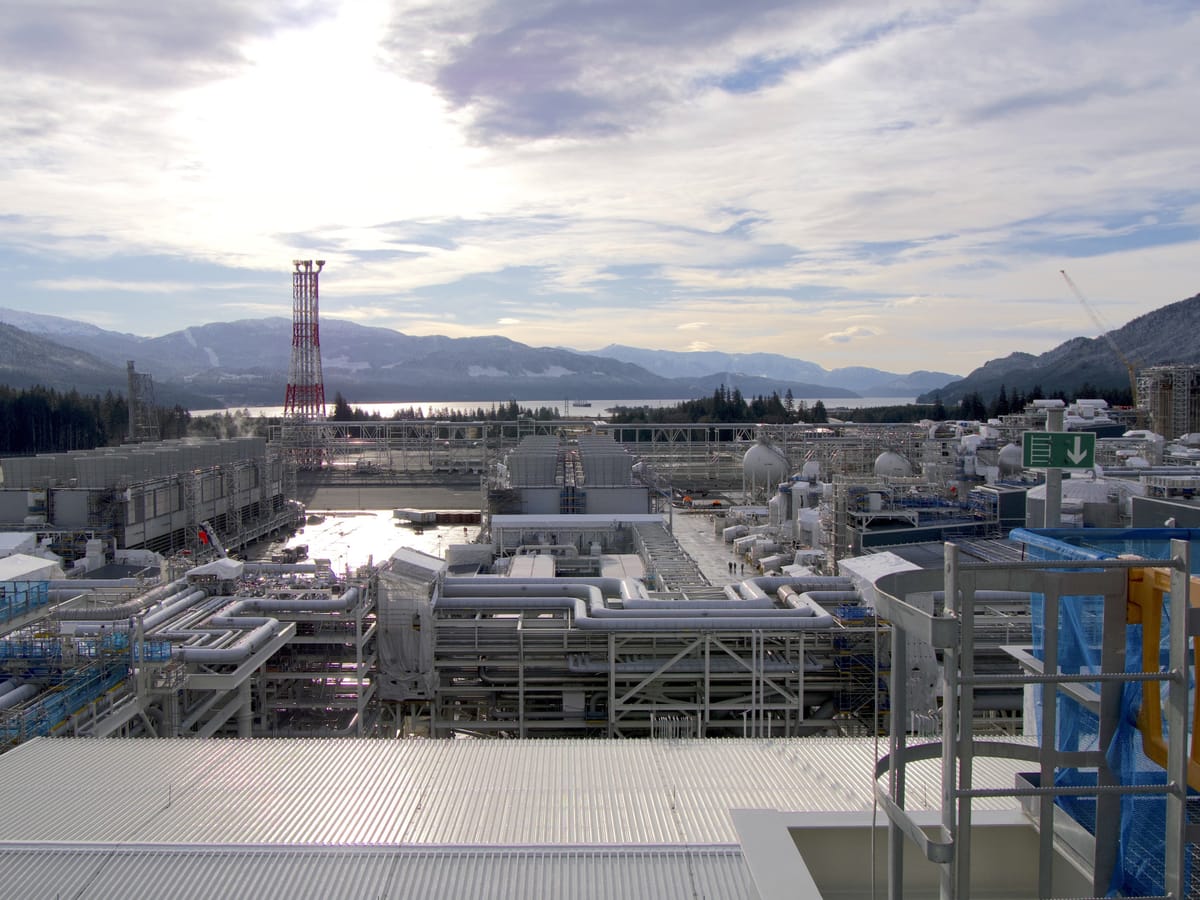
Thanks for reading Cascadia Journal. If you appreciate this daily newsletter, please take a moment to subscribe. It's just $5 per month and it allows me to keep producing this roundup of news, environmental coverage and arts from across the bioregion. Thanks!
BC LNG project poisons Kitimat residents
The Tyee has an in-depth investigation into harmful nitrogen dioxide emissions from the newly-opened liquified natural gas terminal at Kitimat on the north coast of British Columbia. Dubbed "The Eye of Sauron" by residents for its huge waste gas flare, the terminal subjects the town of 8,000 to nitrogen dioxide, which medical researchers say there's no safe level of. The article notes that Kitimat has rates asthma 74 percent higher than the rest of BC. Meanwhile, the Narwhal reports that BC taxpayers have paid hundreds of millions of dollars connecting the Kitimat LNG project to BC's electric grid and will be on the hook for even more with the proposed Ksi Lisims export facility. And in related news, two privately owned dams on the Sunshine Coast are considering a plan that would send most of the electricity to the US, CBC reports.
WA tax revenue well below forecasts
Washington state officials say that tax revenues in Washington are $500 billion below estimates made when the state's biannual budget was passed earlier this year, Washington State Standard Reports. To sum things up, Democratic Senator June Robinson, chief budget writer, said this is "all bad news." The article goes on to say that Democrats, which hold both houses and the governor's office are hesitant to raise taxes. They'd do well to reconsider that notion. This session, centrists including Bob Ferguson went timid on the budget and ended up with the lowest approval ratings of any governor in the state in 30 years. In one of its last news pieces, Cascade PBS looks at Ferguson's first eight months in office and finds a lack of solid communication, dipping popularity, and pushback from progressives.
Washington and Oregon need to work now to create a more resilient safety net in the face of Trump's evisceration of federal programs for health, housing, and education. That's going to require tax reform to Washington's regressive system where billionaires fail to pay their fair share (yes, I'll say it: a progressive income tax). It will also require fiscal autonomy from a crumbling federal government.
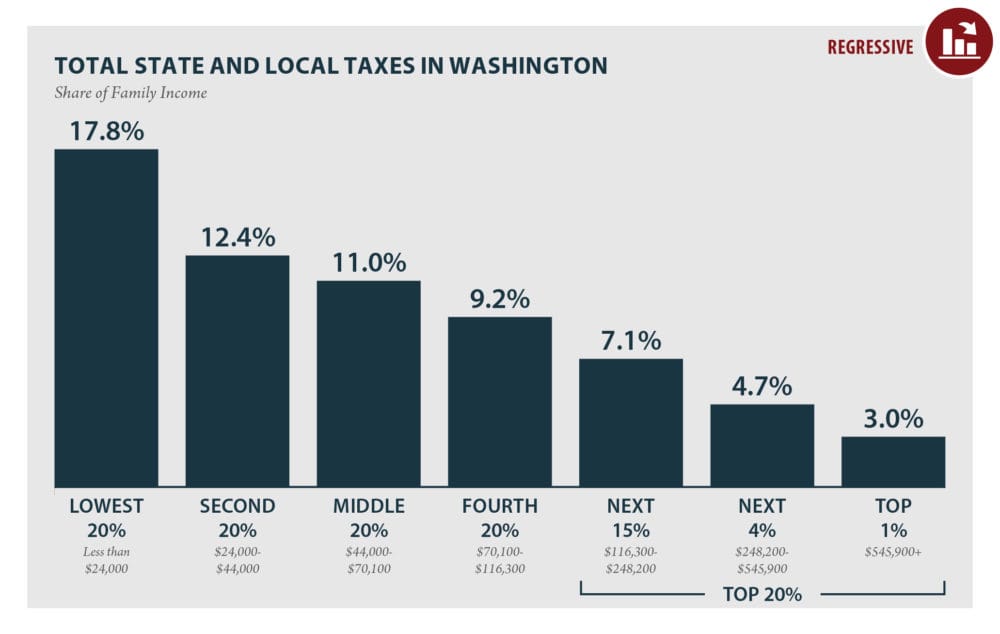
Cascadia PFAS cleanup delayed by feds
Oregon Capital Chronicle reports that the Trump administration is delaying cleanup of cancer-causing PFAS contamination at military sites in Oregon and Washington. The "forever chemicals" from firefighting foam have leached into groundwater across the region, and the article estimates that cleanup of an Air National Guard site in Portland will now be delayed from 2025 completion to 2031.
It's time for Cascadia to assert its independence and actually serve the health of its residents.
Charlie Kirk's legacy in Spokane: right-wing hate
RANGE Media has an in-depth look at the Spokane-area Christian white nationalist movement lead in part by Gavan Spiers, a close associate of slain right-wing activist Charlie Kirk and a leader in Kirk's Turning Point USA movement. RANGE looks at how Spiers and others have led a campaign against queer people in Cascadia, organized rallies in conjunction with extremists Sean Feucht and Spokane Pastor Matt Shea, and joked that "our antagonists are just a bunch of homos.” In related news, the Stranger reports on four attacks on trans women in the Seattle area in the last year – spurred by anti-trans rhetoric from people like Kirk and the Heritage Foundation, which wants trans people and their allies declared domestic terrorists in the US.
Indigenous canoe journeys: pride and activism
Salish Current has a great feature on the annual Indigenous canoe paddle in the Salish Sea that ends at the Elwha River on the Olympic Peninsula. The event, which brings teams of native canoe paddlers from all across Washington and British Columbia, is an expression of culture and also a call to action.
“Being on the water is healing. We made sure that we took care of ourselves properly. Did some prayers, did some work, some ceremony on the water too,”
--Autumn MacGee, skipper for the Muckleshoot Canoe Family.
--Andrew Engelson


